Graham Reid | | 2 min read
My Roots Master
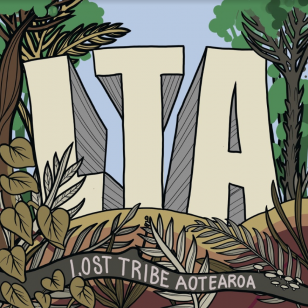
The release last year of the album Holy Colony Burning Acres by Troy Kingi and the Upperclass wasn't just a landmark in local reggae.
It reminded – in this land where the genre has devolved into benign and Teflon barbecue reggae – that this music was once (and in the right hands, like Kingi's, still is) the vehicle for messages from the socially disenfranchised, angry and marginalised.
The original reggae in Jamaica was rebel music from outsiders and that's who it resonated with in this country in the volatile Seventies (dawn raids, Polynesian Panthers, the '75 hikoi, land occupations, anti-tour protests).
Bob Marley's Get Up Stand Up meant something as a clarion call in this country because many Maori, Pasifika and marginalised Pakeha could relate to it.
It's telling the first reggae album in this country was the flinty, political Herbs' Whats' Be Happen which was loaded with powerful messages (and not just aimed at the Establishment/Babylon but the oppressors within their own communities).
Herbs captured the moment and feelings, and were in the vanguard because there followed Aotearoa, Dread Beat and Blood, Sticks and Shanty, and on up to Unity Pacificand others who voiced messages beyond the frequently and increasingly vacuous tropes of a kind of faux-Rastafarianism (Jah, one love, Babylon, unity, Jamaican pronunciation “mon”).
You'd hope Holy Colony Burning Acres pointed a future direction for local reggae (back to serious issues beyond being a good, roots-conscious person) because there are certainly serious and specific issues to be addressed in a genre where politics and social comment was built into the original contract.
The multi-culti Lost Tribe Aotearoa from Raglan bring a wealth of maturity and musical experience to this debut album, and although the Rasta consciousness is embedded (as is the patois in places) it rarely feels like simply a default position as it does with some other local reggae bands.
They also subvert expectation with their opening track The Prophet Spoke which comes across with a gruff, angry and declamatory rock vocal over what could be a prog backdrop before it hits a reggae lope about a minute in.
Now, they do make the obligatory plea for peace and harmony (Stick Together) but despite a few cliches (chief/Indians, many hands/light work etc) it sounds more serious and considered than most such sentiments. Even the reference to “Babylon system holding me down” comes with a weariness from the struggle.
There is Blazing Master with an ambiguous message about – and to – marijuana: “Mary Jane . . . is causing me pain . . . what the fuck am I saying? That's the shit that's keeping me sane . . . as long as I'm blazing, life's amazing . . . I know you don't like it, but why don't you try it . . . light up, take a puff and toke on my shit”.
Ganja Farmer (with melodica) is less equivocal however.
My Roots Master – which opens in te reo – pulls together Maoritanga and spirituality into an easy groove with real positivity and depth beyond the surface appeal. Lost Generation which follows is similarly affirmative (“not going to be part of the lost generation”) and finds strength in Jah love.
The catchy pop-reggae Badman addresses domestic abuse (and violence in greater society), Ride On gets a hefty dub echo, and Wicked Man announces itself with suitably aggressive rock guitar.
Lost Tribe Aotearoa have an interestingly broad musical palette within the genre, and although they inevitably slip into reggae's musical and lyrical reference points (you'll probably feel you've heard Irie before) they mostly stand apart from the wearily familiar reggae out there.
You hope they will keep to their own path.
Yes, there's a lotta smoke in these sounds but it has lead to some serious reasoning, as the Rastas say.
.
You can hear and purchase this album from Apple iTunes here
.
ELSEWHERE ENCOURAGES ITS READERS TO SUPPORT NEW ZEALAND ARTISTS BY BUYING THEIR MUSIC DIRECTLY RATHER THAN STREAM THROUGH SPOTIFY WHERE THEIR RETURNS ARE NEGLIGIBLE
.

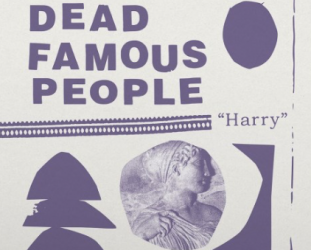
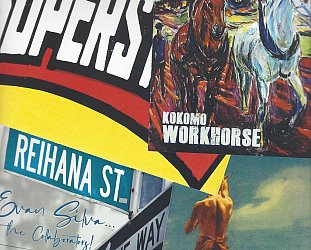
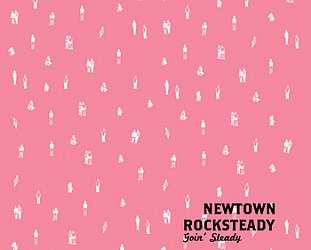
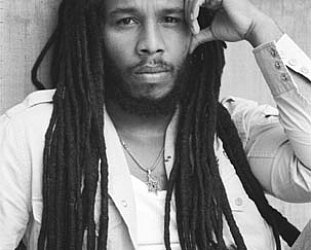
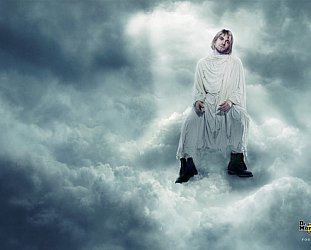
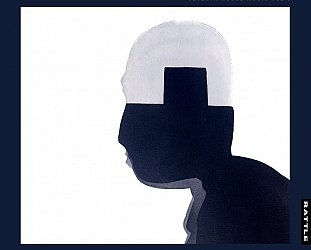
post a comment